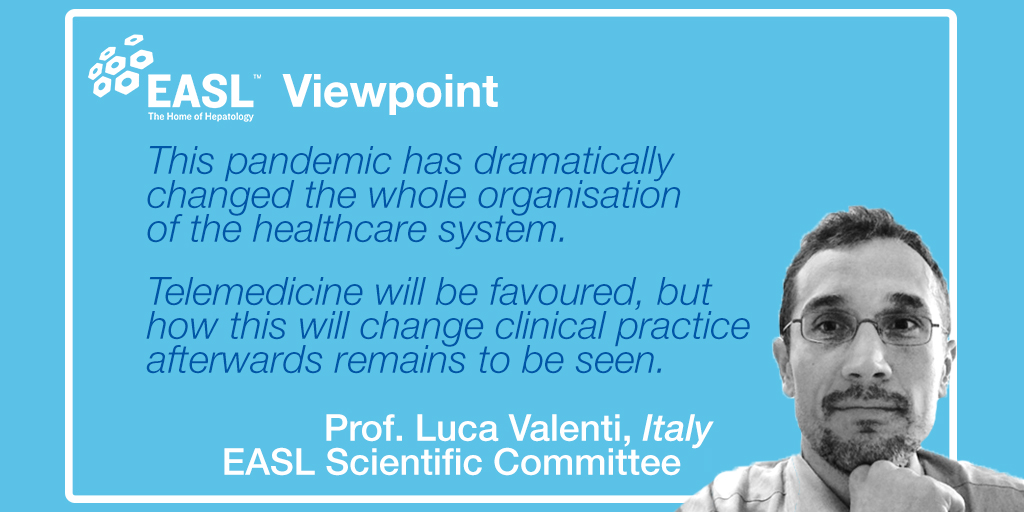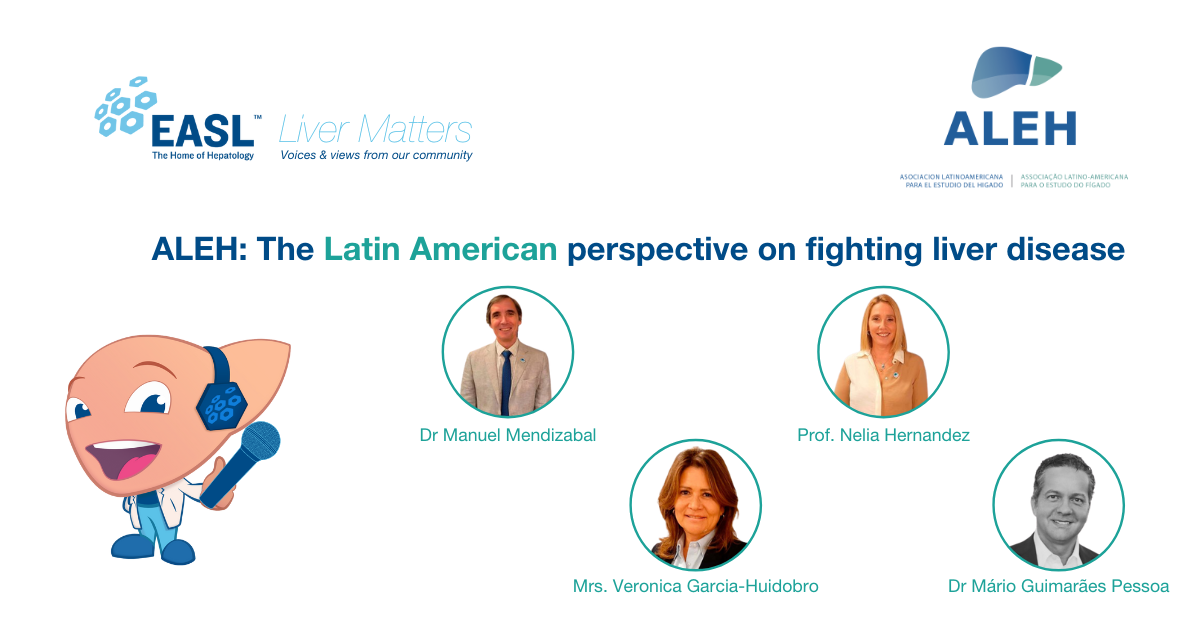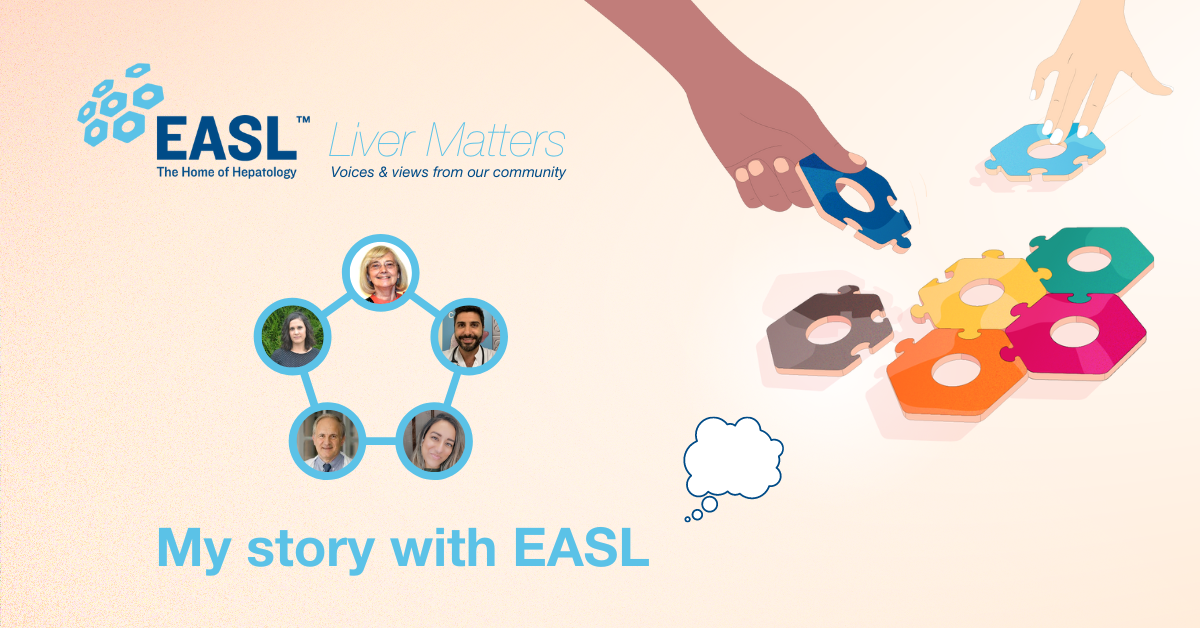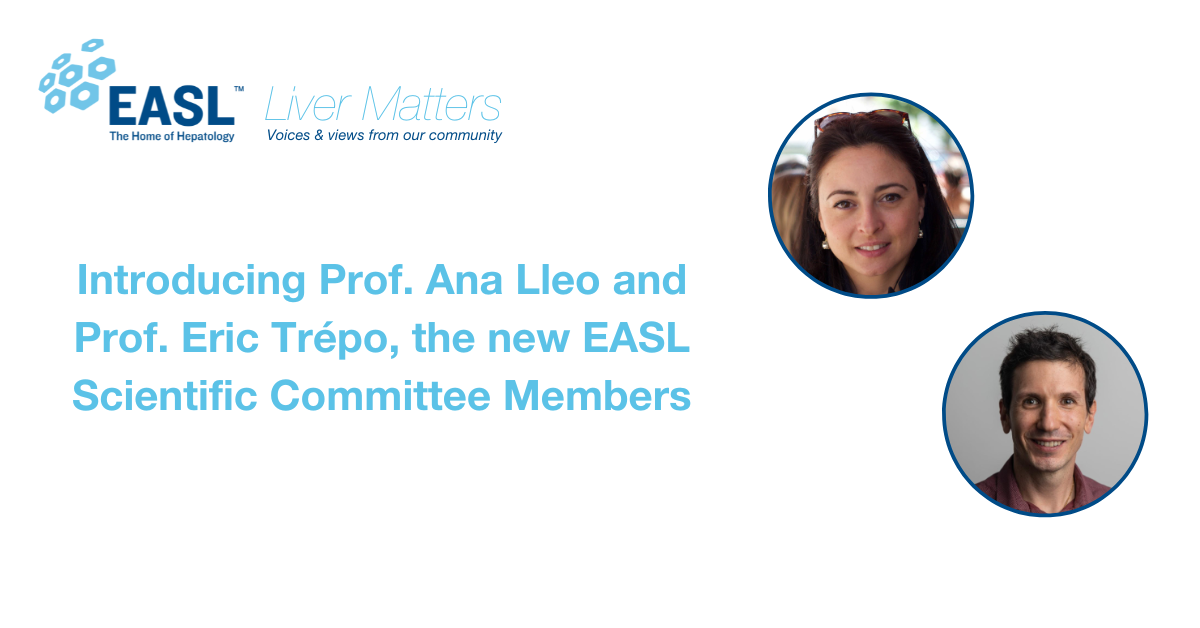
Prof. Luca Valenti, Associate Professor of Internal Medicine, University of Milan, describes fighting the pandemic from its epicentre in Milan
How is your daily working life affected by coronavirus, right now?
I am currently working full-time, long hours to fight the COVID-19 epidemic (including clinical, administrative, and research work). Essentially, the whole hospital is now dedicated to this task. I work in the centre of Milan at the epicentre of the Italian outbreak, in the main public academic hospital of the city, Policlinico Hospital, University of Milan.
Most of our wards are now dedicated to the care of COVID-19 patients, with dedicated clinical paths within the hospital. The number of ICU beds has been increased by several-fold to care for the most severely ill patients.
Our Liver Clinic has reduced its activity. It is limiting the number of face-to-face outpatient visits to more severely affected patients, to those in urgent need. Other patients are being taken care of by telemedicine (phone and e-mail). Our transplantation centre activity has almost shut down.
What would you like to say to your colleagues in other countries at earlier stages of the pandemic?
The pandemic is now already hitting hard in most Western countries. That said, don’t underestimate its epidemiological evolution in your country, notably its exponential growth. Prepare for the worst, and don’t underestimate the risks.
Take the necessary precautions to minimise the risks for you and the patients. Consult the EASL–ESCMID Position Paper on care of patients with liver disease during the COVID-19 pandemic. Take care and keep steady.
How will this experience change the realities of healthcare workers and patient care in future?
This pandemic has already dramatically changed the whole organisation of the healthcare system, at least here in northern Italy, of hospitals and outpatient services.

For weeks, even months to come, doctors will be deeply involved in the urgent care of infected COVID-19 patients. Patients affected by other chronic diseases and particularly those needing invasive procedures will be deferred or will get suboptimal care. These patients face many risks, due to the lack of personnel; the risk of contagion in hospitals (especially worrisome for fragile patients); and restrictions to their mobility. Organ transplantation will be particularly affected – a lack of donors, and increased risk of conducting the procedures.
As far as possible, follow-up evaluation for chronic diseases will be moved outside the hospital (or COVID-free hospital clinics will be identified) and telemedicine will be favoured. How this will change clinical practice after this epidemic, although that is many months away, remains to be determined.
What would you like to say to liver patients who might be anxious about coping with COVID-19, on top of their existing challenges?
I would advise them to take all the precautions advised by health authorities. Avoid situations that could lead to contagion. Contact your liver doctors when in doubt, to schedule appointments, and to follow-up on or to adjust your treatment. Don’t modify your medications based on alarming news you hear on the media.
Right now, as of early April 2020, there is no demonstration that you are at higher risk of developing complications, because of your liver disease or specific treatment for it. Other factors, like your age, sex, or other health problems (e.g. diabetes or hypertension), however, may put you at higher risk. In the meantime, take care and keep steady.
Disclaimer: As the COVID-19 pandemic unfolds, treatment strategies are being developed and adjusted accordingly. EASL Viewpoints serve as snapshot interviews from the frontline and are intended to reflect the experiences at the time of the interview only.





Comments (0)